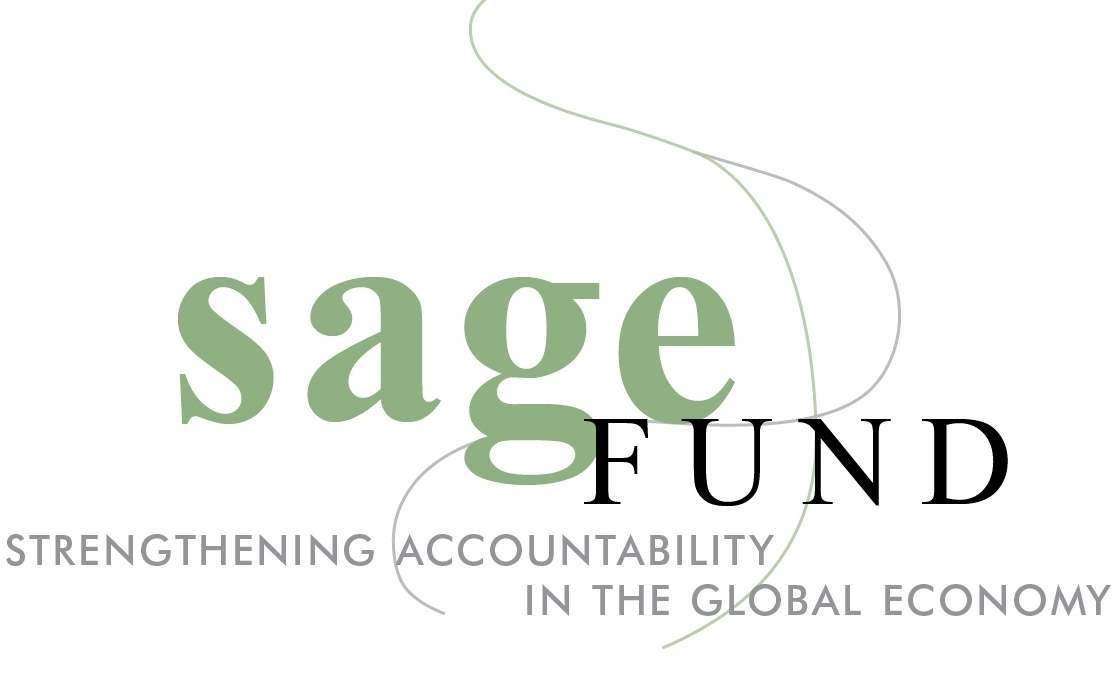Supply Chain Research and 'Rota do Gado' Database
organization
Repórter Brasil
description
Repórter Brasil (RB) carries out supply chain mapping research in collaboration with partners, big and small, in Brazil and internationally, increasingly using “big data strategies” as official state records have become digitized. Their in-house research and advocacy journalism team has mapped supply chains for hundreds of companies, such as those related to soy beans, sugar, cotton, textiles, fruit, mining products, timber and beef. RB frequently publishes their own research in coordination with major Brazilian and international news outlets. Partner organizations also use RB’s published contents for their own publications and to strengthen advocacy efforts. RB’s overall goal is “to encourage reflection and action on the violation of the fundamental rights of peoples and workers in Brazil.”
RB has a project coordinator, senior researcher and IT specialist dedicated to this work, while also having access to legal counsel to avoid lawsuits, a website security company. Partners include large NGOs in Brazil, such as Greenpeace, as well as more locally-based organizations that work in specific states of Brazil, in addition to partners in the UK and Europe. RB has run workshops in Brazil and the UK to familiarize partners with the platform, how it works, how to use the data and discuss strategies to ensure reporting and advocacy has impact. Improvements to the online platform are being made to ensure it serves the needs of partners, such as to incorporate geospatial data related to deforestation that is not captured by environmental inspectors’ reports.
“Rota do Gado” is RB’s main database, which compiles official information related to Brazilian livestock, one of the main causes of deforestation in the country. Impactful stories based on research carried out using the platform can be read on the journalistic websites reporterbrasil.org.br/rotadogado (Portuguese) and reporterbrasil.org.br/cattlewatch (English).
impact
Illustration of Impact: RB has carried out supply chain research for Justiça nos Trilhos, a Brazilian NGO working with communities affected by the steel and mining corridor, to help them gain greater knowledge about the Polo Carajás value chain in the state of Maranhão, as well as the industrial area in Pará state. This report will form the basis for an upcoming strategy meeting about how to use the results to craft stronger strategies, including through a potential media story about the impacts of the mining industry or greater advocacy with international banks and financial institutions, given new actors identified in the supply chain research.
RB’s big data strategy is currently helping federal prosecutors identify and pressure slaughter houses in the country that are not abiding by an agreement to control deforestation. The data is also informing the decisions of importers of Brazilian animals or beef. In 2019, a RB story published in The Guardian showed the connections between a rancher using slavery that was supplying animals to a big Brazilian slaughter house that sells to a major supermarket in the UK. After it was published, the supermarket decided to remove the supplier’s beef from its shelves and enter into negotiations with the slaughter house, although it is not known if labour abuses on the ranch have stopped.
